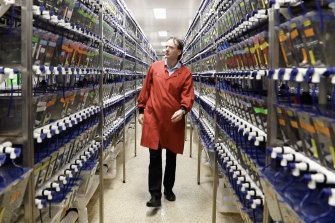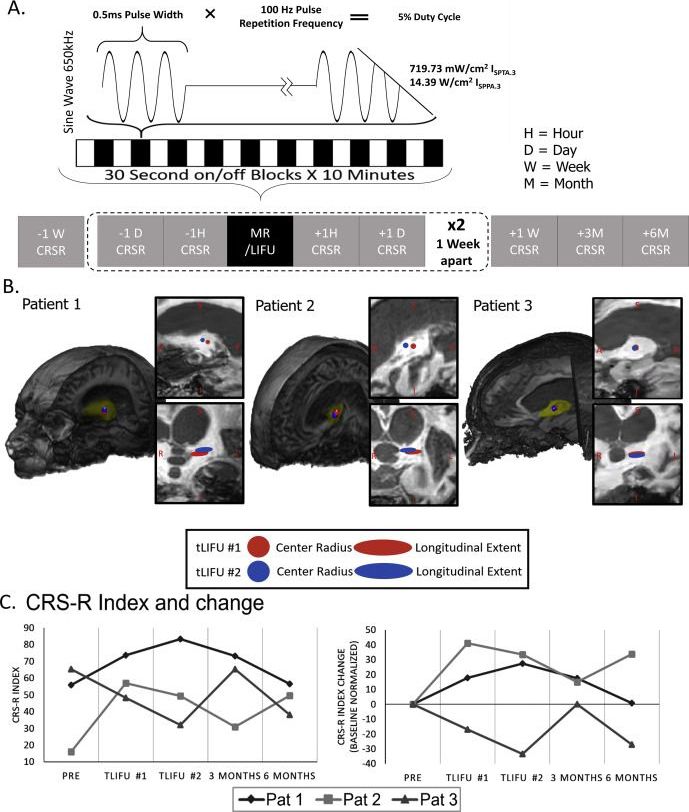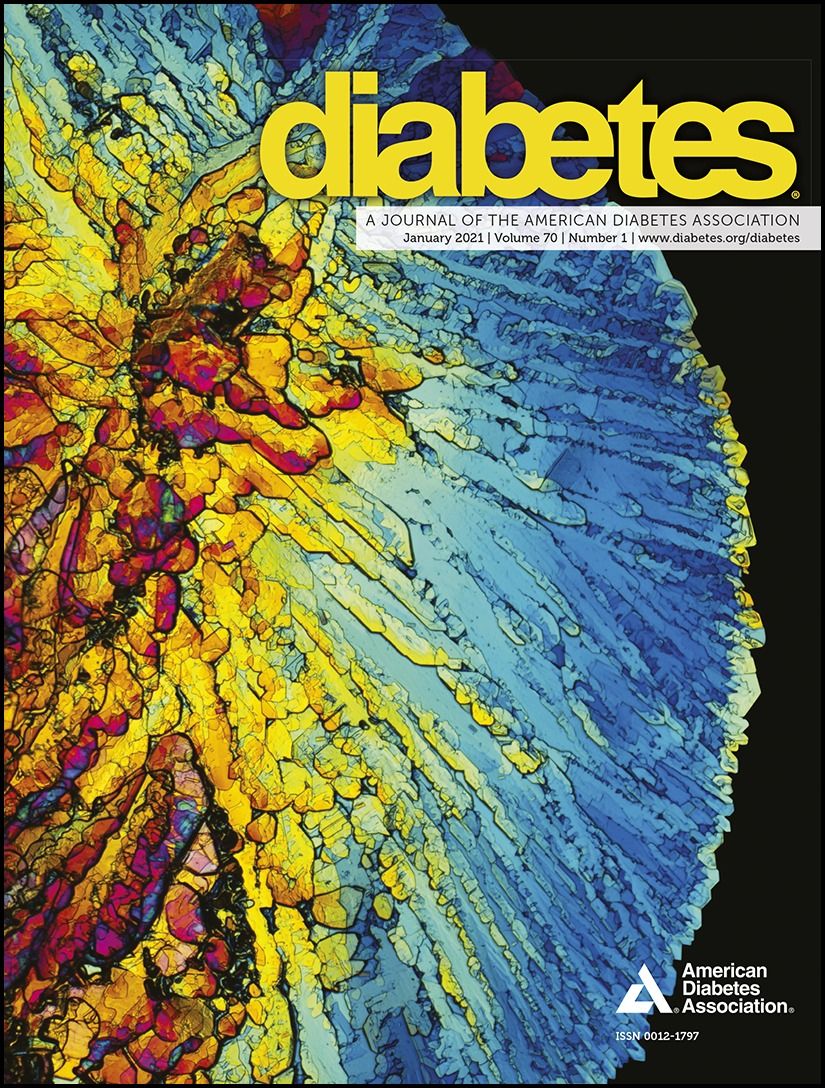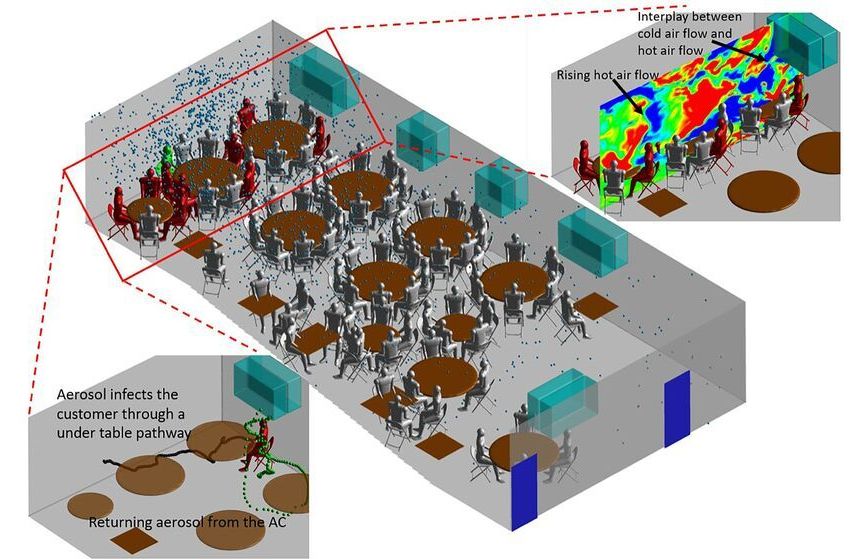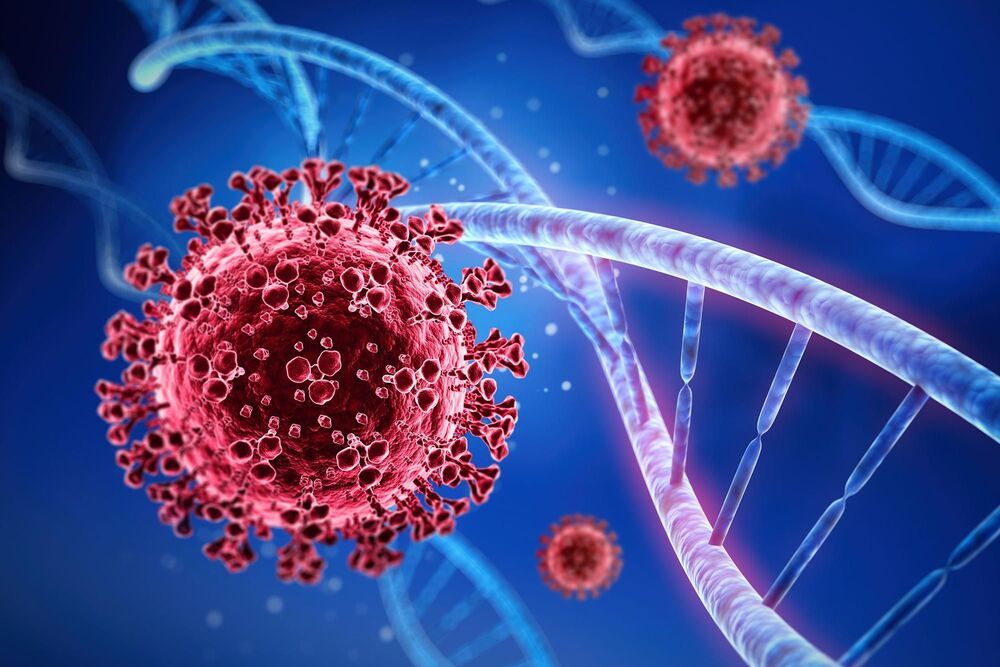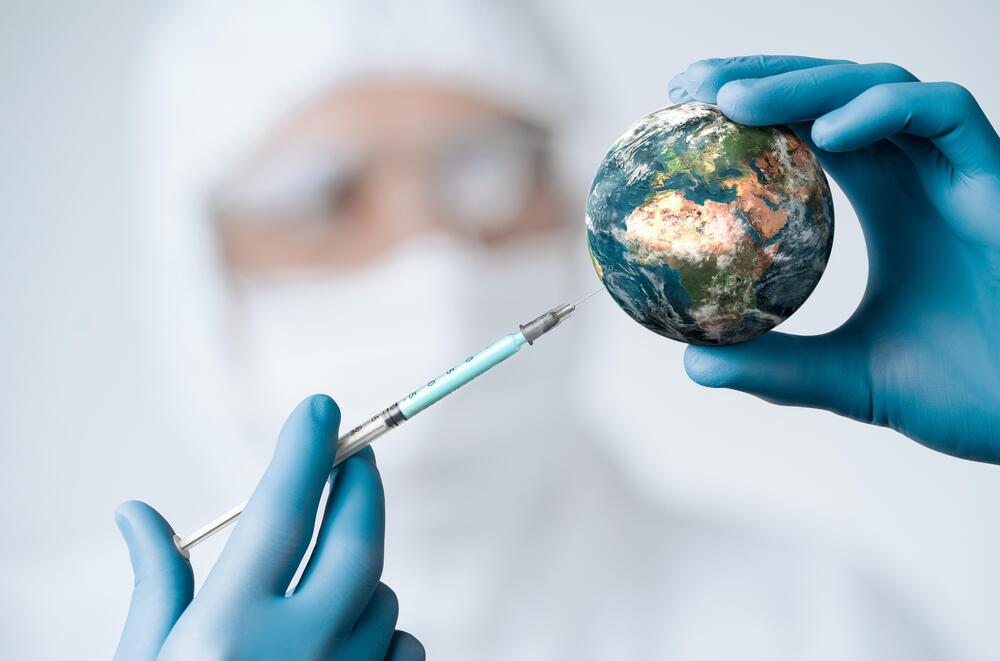In this special episode of Hello World, best-selling author and Bloomberg Businessweek journalist Ashlee Vance goes on a RV road trip through California in the midst of a pandemic and sweeping forest fires. Along the way, he hangs out with a Tesla co-founder who wants to recycle all the world’s batteries, some robotic farmers, a test pilot who almost lost his life and desert space-geeks building a lunar lander.
#HelloWorld #BloombergBusinessweek #California.
——-
Like this video? Subscribe: https://www.youtube.com/Bloomberg?sub_confirmation=1
QuickTake Originals is Bloomberg’s official premium video channel. We bring you insights and analysis from business, science, and technology experts who are shaping our future. We’re home to Hello World, Giant Leap, Storylines, and the series powering CityLab, Bloomberg Businessweek, Bloomberg Green, and much more.
Subscribe for business news, but not as you’ve known it: exclusive interviews, fascinating profiles, data-driven analysis, and the latest in tech innovation from around the world.
Visit our partner channel QuickTake News for breaking global news and insight in an instant.
